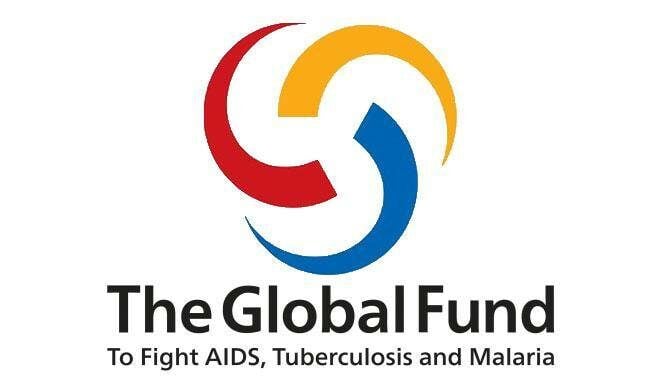The Global Fund has pledged continued partnership with Nigeria as the country intensifies efforts to strengthen health financing and achieve universal health coverage (UHC), despite declining international donor support.
Head of the High Impact Africa Department at the Global Fund, Ms. Maria Kirova, made the pledge at the high-level session of the National Health Financing Dialogue in Abuja.
Kirova commended the federal government for convening the dialogue and for bold reforms under the Sector-Wide Approach (SWAp).
She described the forum as a “critical moment” in Nigeria’s quest to ensure equitable access to healthcare and mobilise sufficient human, material, and financial resources.
“On behalf of the Global Fund, I am deeply honoured to join this national dialogue, which is a critical step towards reshaping the future of health financing in Nigeria,” she said.
She praised Nigeria’s leadership in tackling HIV, tuberculosis, and malaria, noting that investments in these areas have also bolstered pandemic preparedness and strengthened the wider health system.
Highlighting the Fund’s support, Kirova cited initiatives such as health insurance pilots in five states, installation of oxygen plants and tanks in over 60 health facilities, supply chain and warehouse upgrades, sector digitalisation, and primary healthcare revitalisation projects.
She, however, cautioned that gains from the COVID-19 Response Mechanism could stall after the programme winds down in December 2025.
“This high-level dialogue comes at a time when international health financing is shrinking, but the sustainability of investments in health security and systems is paramount,” she stressed.
According to her, the Global Fund promotes sustainability through three channels: government co-financing as a condition for grants, catalytic funding to unlock domestic investment, and partnerships with civil society, the private sector, and communities.
She expressed optimism that Nigeria’s strong political leadership would translate into additional resources for health financing, adding that “The Global Fund is proud to be Nigeria’s partner on this transformation journey.”
Senior health specialist at the World Bank, Dr. Olumide Okunola, stressed that constitutional and fiscal reforms were essential to sustaining Nigeria’s health financing.
He warned that reliance on additional allocations from the Consolidated Revenue Fund (CRF) may be unrealistic without deeper reforms.
“Our calculations show that an additional one per cent from the CRF may not necessarily work because the federal government will not release another one per cent of its revenues,” he said.
Instead, he urged civil society to advocate for constitutional amendments that allow states to generate and retain more health funds. He also linked sound public financial management to real-life benefits, particularly for women.
“If NHIA reimburses states for safe deliveries, no woman in Nigeria should die in childbirth simply because she cannot afford it,” he explained.
Okunola described Nigeria’s Universal Health Coverage compact, signed in December 2023, as a landmark step that has positioned the country as a model for global health financing reforms.
Earlier, the Permanent Secretary of the Federal Ministry of Health, Ms. Daju Kachallom, said the dialogue must serve as a springboard for bold, coordinated action.
“Let us move beyond dialogue into decisive action,” she urged.
The National Health Financing Dialogue, held from September 1 to 4 in Abuja, convened government leaders, development partners, legislators, and civil society to chart strategies for sustainable domestic health financing.










